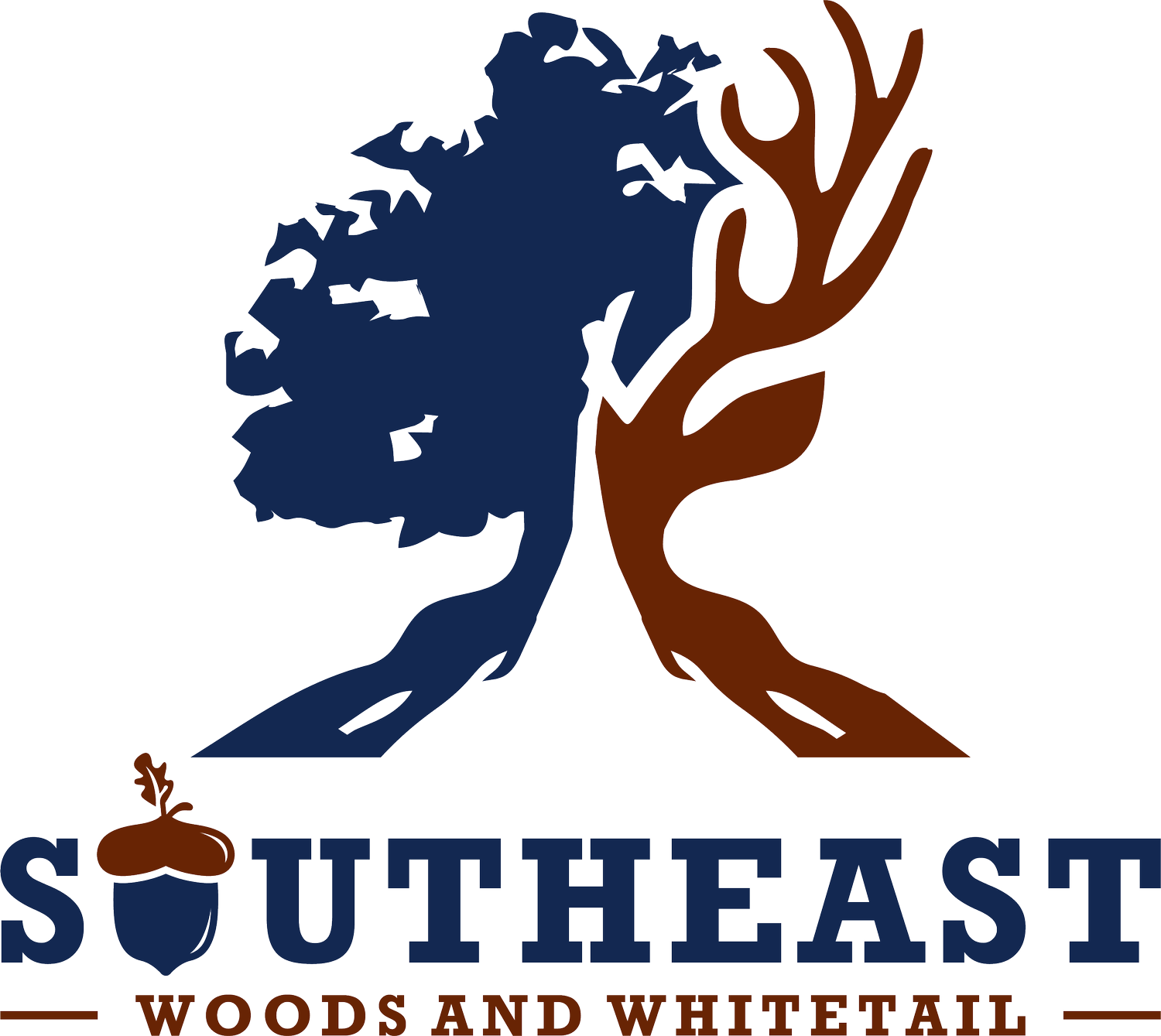Selling Carbon Credits: A Guide for Private Landowners
Understanding Your Options for Selling Carbon Credits as a Landowner
As a private landowner, you may have heard about carbon credits as a way to generate income while maintaining or improving your forestland. With carbon markets becoming more established, landowners now have several options for monetizing the carbon stored in their trees. This guide will break down the different ways you can sell carbon credits and help you determine which route might be best for your property.
What Are Carbon Credits?
Carbon credits represent a measurable amount of carbon dioxide (CO2) that is either prevented from entering the atmosphere or actively removed from it. In forestry, this typically comes from maintaining or increasing forest cover, ensuring that trees continue to store carbon. Companies and organizations purchase these credits to offset their emissions, creating financial opportunities for landowners willing to commit to sustainable forest management practices.
Your Options for Selling Carbon Credits
1. Enrolling in a Carbon Program
Many organizations and companies facilitate carbon credit sales for landowners. These programs typically handle the verification and sale of credits in exchange for a share of the revenue. Some well-known programs include:
Finite Carbon: Specializes in large landowners (typically over 5,000 acres) and facilitates participation in voluntary markets.
NCX (formerly Natural Capital Exchange): Is most well known for what they formerly offered: 1-year carbon contracts. They now exist as more of a tool for landowners interested in managing their land rather than a purchaser of the credits themselves.
Anew (formerly Bluesource): Requires a minimum of 4,000 acres and helps connect large landowners to corporate buyers.
2. The Family Forest Carbon Program (FFCP)
One of the best options for small landowners is the Family Forest Carbon Program (FFCP), created by the American Forest Foundation and The Nature Conservancy. This program allows landowners to generate income from carbon credits while promoting sustainable forestry practices.
A key benefit of FFCP is that they pay for a professional forester to visit your property at no cost or obligation to you. The forester assesses your land, provides management recommendations, and helps you determine if enrolling in the program is a good fit. This makes it an excellent opportunity for landowners who may not have the resources to hire a forester on their own. The minimum acreage requirement for FFCP is 30 acres of forestland.
3. Selling Directly to Buyers
If you own a large enough tract of land and have the resources to navigate the certification process, you may be able to sell carbon credits directly to corporations. This route requires:
Certification through a recognized registry like the American Carbon Registry (ACR), Climate Action Reserve (CAR), or Verra (VCS)
Third-party verification to ensure your forest meets carbon storage criteria
Market research to find potential buyers
This option can potentially maximize profits but comes with higher upfront costs and complexity.
4. Long-Term Conservation Easements with Carbon Credit Sales
For landowners interested in long-term conservation, some programs allow you to enroll your land in a conservation easement while still earning revenue from carbon credits. This ensures permanent forest protection while generating income.
What to Consider Before Selling Your Carbon Credits
Before enrolling in any carbon credit program, consider the following:
Commitment Length: Some contracts used to be annual, but I believe all now require 20+ years of forest preservation.
Land Use Restrictions: Selling carbon credits may limit timber harvesting or other land management activities.
Verification Costs: Some programs require third-party verification, which can be expensive.
Market Variability: Carbon credit prices fluctuate, impacting potential earnings.
Lack of Definite Info: Carbon markets are a relatively new concept, making it challenging to find clear, up-to-date information on the legitimacy and restrictions of each program.
Even Small Landowners Can Benefit
In the past, carbon credit programs primarily benefited large landowners with thousands of acres. Today, programs like the Family Forest Carbon Program allow landowners with as little as 30 acres to participate. Whether you own a small or large property, there are opportunities to generate income in conjunction with less intensive forestry.
At Southeast Woods and Whitetail LLC, we help landowners navigate these options and determine the best path based on their unique goals. If you’re considering selling carbon credits and need expert guidance, feel free to reach out—we’re here to help you make the most of your land.
